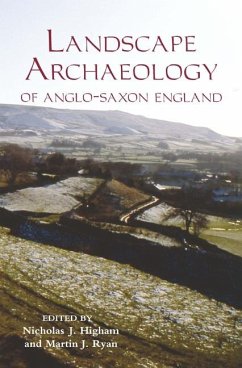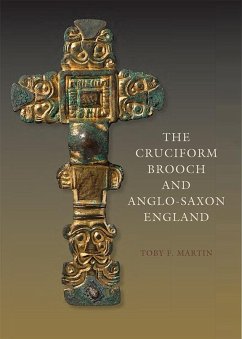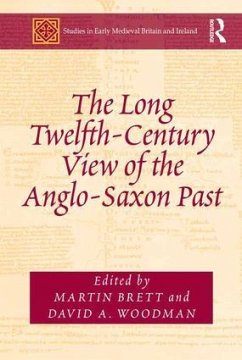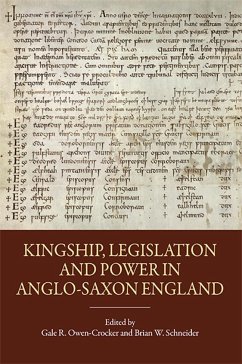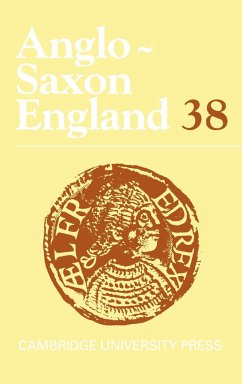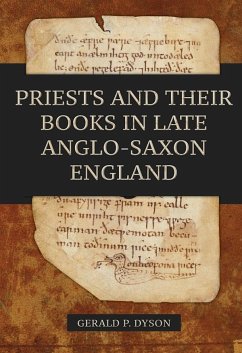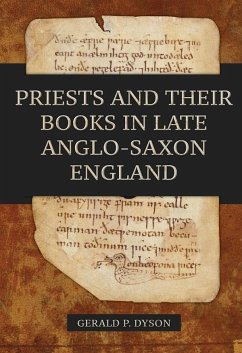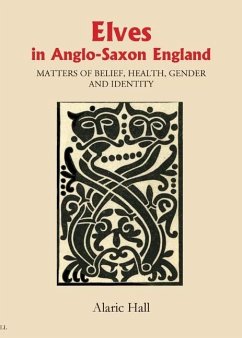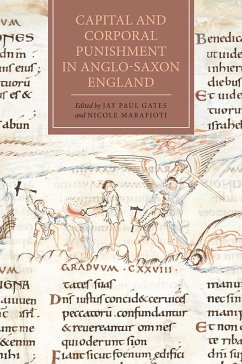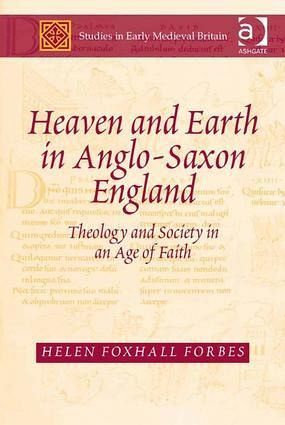
Heaven and Earth in Anglo-Saxon England
Theology and Society in an Age of Faith
Versandkostenfrei!
Versandfertig in 1-2 Wochen
178,99 €
inkl. MwSt.
Weitere Ausgaben:

PAYBACK Punkte
89 °P sammeln!
Christian theology and religious belief were crucially important to Anglo-Saxon society, and are manifest in the surviving textual, visual and material evidence. This is the first full-length study investigating how Christian theology and religious beliefs permeated society and underpinned social values in early medieval England. The influence of the early medieval Church as an institution is widely acknowledged, but Christian theology itself is generally considered to have been accessible only to a small educated elite. This book shows that theology had a much greater and more significant imp...
Christian theology and religious belief were crucially important to Anglo-Saxon society, and are manifest in the surviving textual, visual and material evidence. This is the first full-length study investigating how Christian theology and religious beliefs permeated society and underpinned social values in early medieval England. The influence of the early medieval Church as an institution is widely acknowledged, but Christian theology itself is generally considered to have been accessible only to a small educated elite. This book shows that theology had a much greater and more significant impact than has been recognised. An examination of theology in its social context, and how it was bound up with local authorities and powers, reveals a much more subtle interpretation of secular processes, and shows how theological debate affected the ways that religious and lay individuals lived and died. This was not a one-way flow, however: this book also examines how social and cultural practices and interests affected the development of theology in Anglo-Saxon England, and how 'popular' belief interacted with literary and academic traditions. Through case-studies, this book explores how theological debate and discussion affected the personal perspectives of Christian Anglo-Saxons, including where possible those who could not read. In all of these, it is clear that theology was not detached from society or from the experiences of lay people, but formed an essential constituent part.




